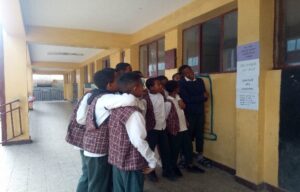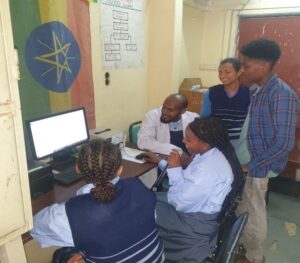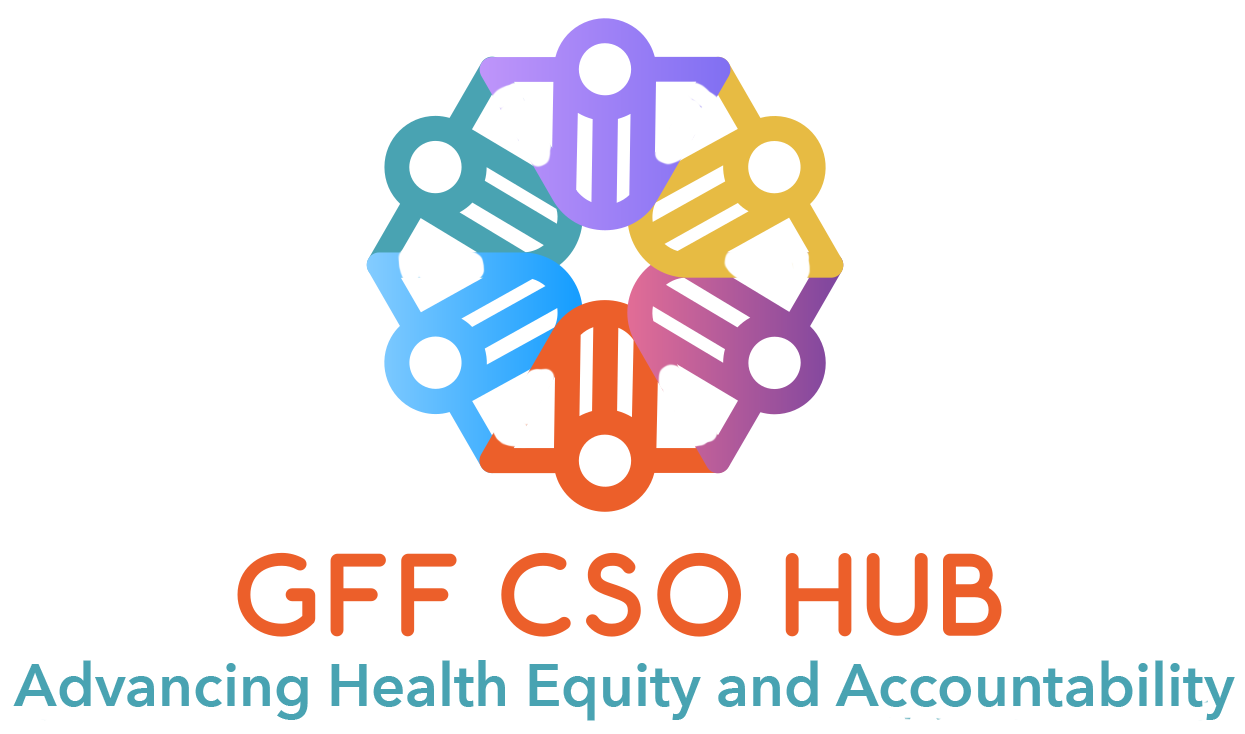In the Arada district of Addis Ababa, Future Hopes Integrated Development Organization (FHIDO) supported youth leaders to improve sexual and reproductive health (SRH) knowledge, skills and health care-seeking among their peers. These student leaders also strengthened referral linkages to nearby clinics and identified and addressed some of the real-world barriers to health and well-being faced by their fellow classmates—including sexual harassment in schools. Through this work, FHIDO is helping to improve the sexual and reproductive health and rights of youth and is investing in the next generation of youth leaders in Ethiopia. These are critical contributions to advancing sexual, reproductive, maternal, newborn, child and adolescent health and nutrition (SRMNCAH-N) through the Global Financing Facility (GFF) investment in Ethiopia, as knowledge about and access to SRH has been limited among youth and, in turn, their meaningful engagement in policy and the health care landscape has also been limited.

In each of the five participating schools, FHIDO provides in-person training for student leaders and SRH club members, equipping them with the skills to advocate for their own SRH needs as well as facilitate dialogue and information sharing with their peers. The SRH clubs, which are permanent student organizations, organize and lead monthly meetings to explore and discuss SRH issues and problems and strategize how to influence service providers for better access to SRH services. These monthly dialogues create open, safe spaces to share accurate SRH knowledge, address myths and misconceptions, and share information about where and how students can get SRH information and services. In one school, club members raised concerns about sexual harassment experienced by female students. The club then worked with the school administration to ensure that male students were counseled on SRH and the girls’ right to be free from any form of harassment. FHIDO has also helped the SRH clubs establish relationships with health centers near the participating schools, helping streamline referral and care-seeking.
FHIDO has additionally provided mini-media clubs at each of the schools with the technology and materials needed to reach the school’s 6,000 students with accurate information about SRH, including where and how to seek services. The students in the SRH and mini-media clubs work together in consultation with FHIDO, health facility experts, and teachers to develop tailored SRH messages for each school.
Thus far, the media clubs have produced fourteen online audio messages that inform their fellow students about their sexual and reproductive health and rights (SRHR)–including how to access SRH services and information–and warn about the consequences of early marriages and gender-based violence (GBV). The mini-media clubs also disseminate information during daily school flag ceremonies and put up posters that highlight, raise awareness and spark dialogue about SRHR.

Prior to the start of the GFF-funded project, knowledge of SRHR and the rate of students accessing health services were very low. But through FHIDO’s work with the school clubs, school children now have a better understanding of different health services and how to access them and are aware of methods of contraception and ways of preventing unwanted pregnancies and STDs. During a quick assessment to determine the attitudinal change of target school children, it was found that 83% of target school children who participated in different sessions and awareness-raising programs have better knowledge and attitudes around SRHR than before. The areas of improvement include the importance of focusing on their education, how to avoid early pregnancy, when to take contraception, and how to be protected from GBV and STDs. One student from Tikr Anbessa school shared that she had never known where to access family planning services, voluntary counseling, and testing services for HIV, or how to be protected from violence. Not only has the project led to an immediate improvement in the ability of students to access services, but it has also created greater awareness among students of how to address their SRHR concerns. This is because the project has entered a MoU with health centers where SRH rooms are constructed to facilitate youth-friendly SRH services for school children. Building these relationships with local service providers is one of the ways FHIDO ensures the sustainability of the project’s impacts after its completion. The project is also building students’ skills and confidence in advocating for their health and well-being – thus investing in the next generation of leaders.
